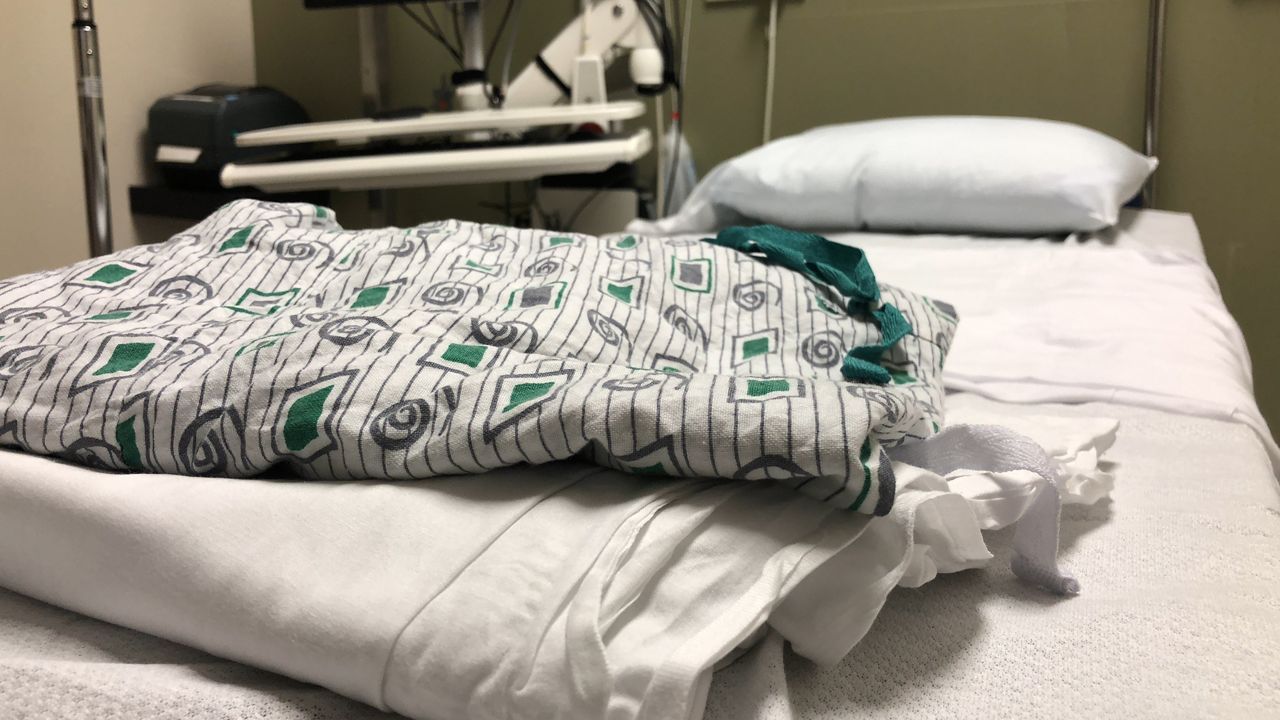New York City will expand access to doulas for women giving birth in the city’s most vulnerable neighborhoods, and launch an effort to study births assisted by midwives, Mayor Eric Adams announced Wednesday.
The doula initiative will hire 50 people to serve as doulas and assist 500 families by June, Adams said. Doulas provide emotional support and serve as advocates for pregnant women before, during and shortly after the birthing process, according to DONA International, a doula certification organization.
The doulas will work in 33 areas identified by a city task force as having high health and socioeconomic disparities, as well those hardest hit by COVID-19 — primarily the Bronx, upper Manhattan, northeast Brooklyn and southeast Queens.
The birth health efforts, an early promise of Adams' campaign, are necessary to combat the deep disparities in mortality for both mothers and babies in Black and Latino communities, Adams said.
According to the city, Black women across the five boroughs are more than nine times more likely than white women to die of pregnancy complications. Black infants die at three times the rate of white infants; for Puerto Rican infants, the mortality rate is double that of white infants.
City statistics show that Brooklyn has had the city’s highest percentage of maternal deaths related or associated with pregnancy.
“The numbers are horrendous, and it is unbelievable,” Adams said, speaking at a news conference at Brooklyn’s Brownsville Action Center, which offers family health programs. “People are taking it as just the cost of doing business.”
Priority for enrollment in the doula program will go to low-income families, as well as women who are giving birth for the first time or first time in at least 10 years, or who live in a shelter or foster care, or have a medical condition that puts them at higher risk of birth complications.
The doulas will visit families three times before birth, give support during the birth and offer four visits after the birth. Families in the program can give birth either in hospitals or at home.
Studies have found that babies born with assistance from doulas have higher birth weights and are less likely to be born before their due dates — two key indicators of infant health.
“For too long, barriers stood between doulas and the families that would benefit most from their support,” Dr. Michelle Morris, the chief medical officer for the city’s health department, said at the news conference.
The city will also undertake a study of health outcomes for mothers and infants in births that involve midwives, clinicians who provide medical care throughout pregnancy, birth and the postpartum period. The initiative will create guidelines for how hospitals can better integrate midwives into maternal care.
A 2018 nationwide study found that positive birth outcomes, including fewer cesarean sections and other obstetric interventions during birth, correlated with a greater density of midwives involved in maternal care.
Adams did not provide a dollar amount for the initiative. Representatives for the mayor did not immediately respond to a request for funding amounts.



